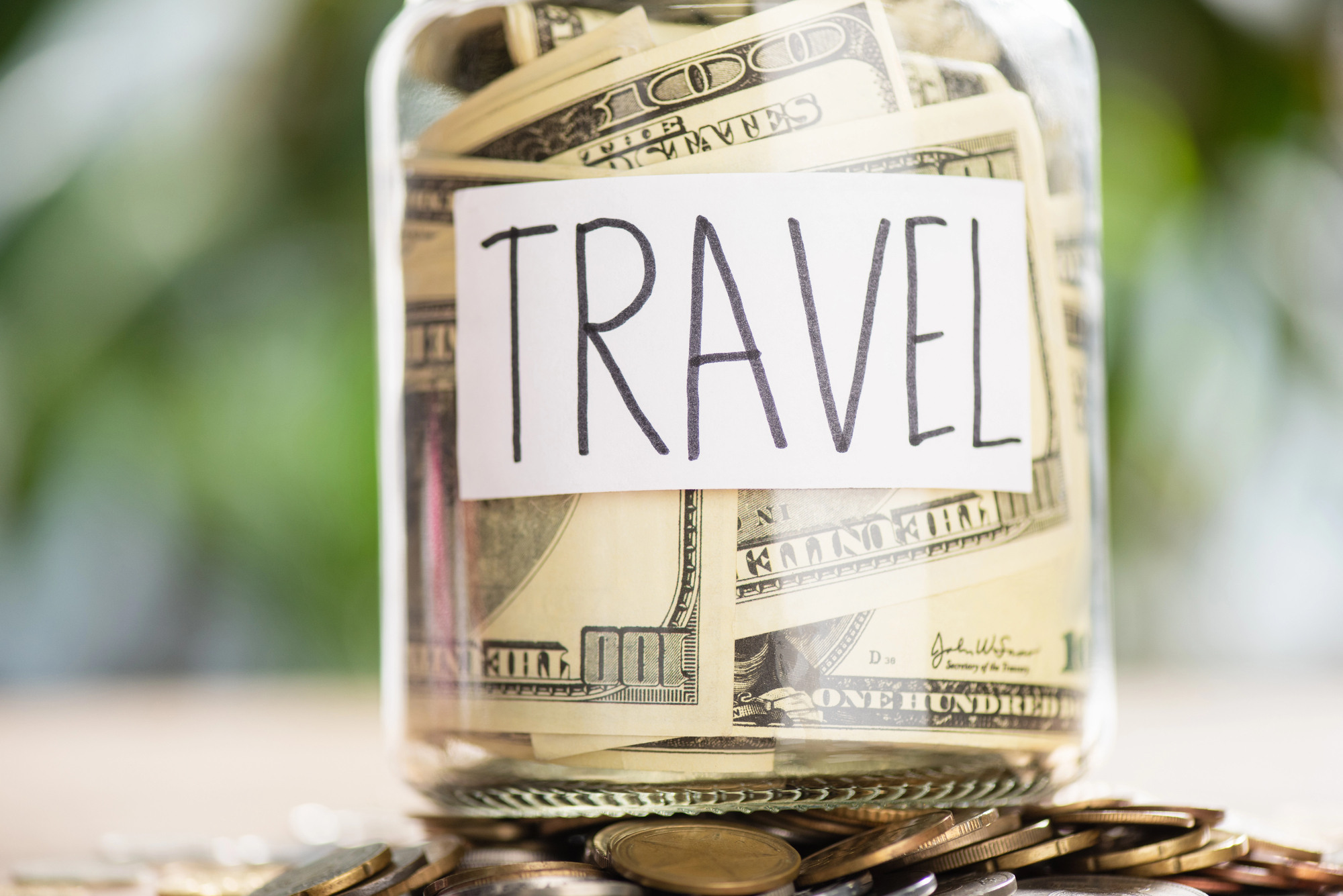
Note: This post contains affiliate links that may be helpful. We may earn a small commission at no extra cost to you.
The digital nomad lifestyle is no longer a fringe movement; it’s a thriving, legitimate way of living and working. In 2025, more people than ever are choosing to become digital nomads, packing up their laptops and embracing location independence, whether it’s managing client calls from co-working spaces in Lisbon or writing code from a surf town in Bali.
But digital nomad life isn’t just about sipping coconut water in tropical weather. It’s a new lifestyle that requires planning, flexibility, and smart decision-making. This beginner’s guide will walk you through how to become a digital nomad, from choosing a remote job or income stream to setting up your mobile office and navigating legal logistics.

At its core, the digital nomad lifestyle is about earning money while being location-independent. Digital nomad guide includes:
This same lifestyle is now more accessible than ever:
Still, while the freedom is exciting, challenges exist: time zones, visa logistics, inconsistent WiFi connections, and even the impact of natural disasters on travel plans. Understanding both the benefits and drawbacks will help you decide if it’s a good fit.

Before you buy a plane ticket, ask yourself: Is this the right journey for you?
If you’re self-motivated, adaptable, and enjoy change, this could be the adventure you’ve been searching for. If not, consider a test drive, try working remotely for a few weeks in one city to get a feel for the lifestyle.

To work remotely, you’ll need an income that travels with you. Here are your main options:
Platforms like Upwork, Fiverr, and Toptal help you build a remote career in roles like:
This is a great path for those who want freedom but don’t mind finding clients or projects.
Prefer stability? Many companies now hire remote workers for full-time positions. Search on:
You’ll get a salary and benefits, with the freedom to work remotely from anywhere.
Some digital nomads build passive income streams or run their own online courses, blogs, or digital products. This path includes:
This may take time to scale, but the long-term freedom and money potential are worth it for many.

Traveling full-time doesn’t have to break the budget, but it does require strategic planning.
Track your expenses (like accommodation, transportation, travel insurance, meals, and coworking fees) using tools like:
Have 3–6 months of expenses saved to give yourself a financial cushion. This will reduce stress as you navigate your first few trips.
Many digital nomads head to countries that offer value and infrastructure:
These places offer fast WiFi, vibrant communities, great food, and lower living costs.
Even while abroad, you may still owe taxes in your home country. Keep digital copies of important documents, such as your birth certificate, and consult with a professional who is familiar with remote work and expat rules.

In 2025, digital nomad hubs are everywhere, but not all are created equal. Look for:
Top hubs include:
Spend at least a few weeks in one place before moving on. Constant travel can disrupt routines and lead to burnout.
Many digital nomads use all-in-one travel platforms to streamline booking flights, trains, and accommodations when hopping between cities or countries.
And when arriving in a new city, especially after a long flight, arranging a reliable airport transfer in advance can make the transition smoother and less stressful.

To stay productive, create a workspace that goes wherever you go.

Every day brings new adventures, but maintaining a work-life balance is key.
If staying long-term, choose an Airbnb with a dedicated workspace; the filter makes it easy to find quality setups.

Being location independent doesn’t mean being alone. Many digital nomads find community in unexpected places.
Loneliness and burnout are real. Prioritize rest, nature, and meaningful connection to maintain mental health and hope.

With dozens of countries now supporting digital nomads, navigating the legal side has become easier.
Each country has different requirements, such as proof of income, travel insurance, and clean background checks. Do your research, apply early, and back up all important documents online.
The digital nomad lifestyle isn’t about escaping work; it’s about choosing how and where to live your life. It’s about designing your future and creating a career that supports your values, goals, and freedom.
You don’t have to go all-in at once. Start with one city, one month, one experiment.

If you’re still wondering whether to work remotely and travel the world, know that the opportunities are real, the tools are there, and the benefits are profound.
Whether you’re a web developer building products from Portugal or launching online courses from Costa Rica, this lifestyle is possible.
The only thing between you and the digital nomad lifestyle is your decision to begin.
So… where will your laptop take you next?